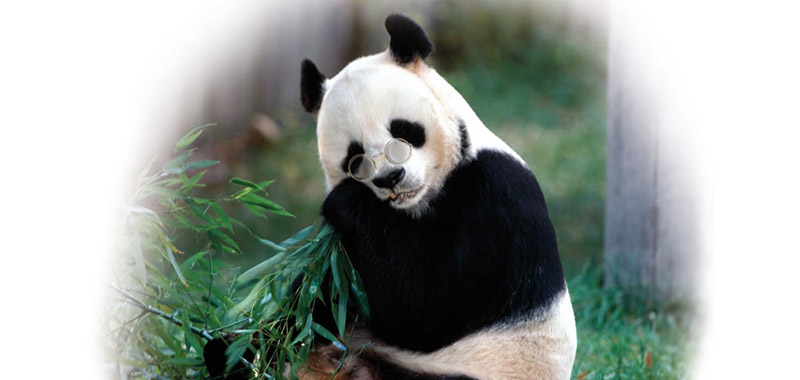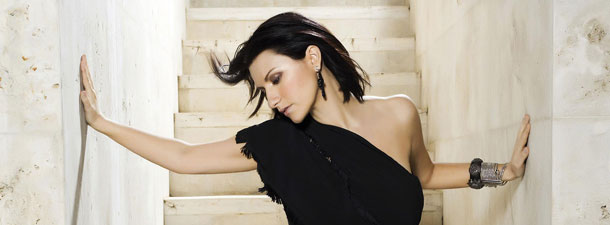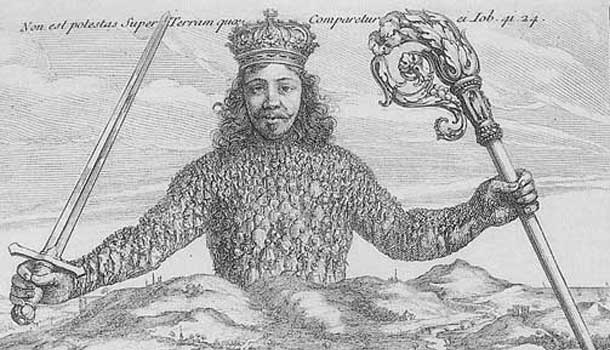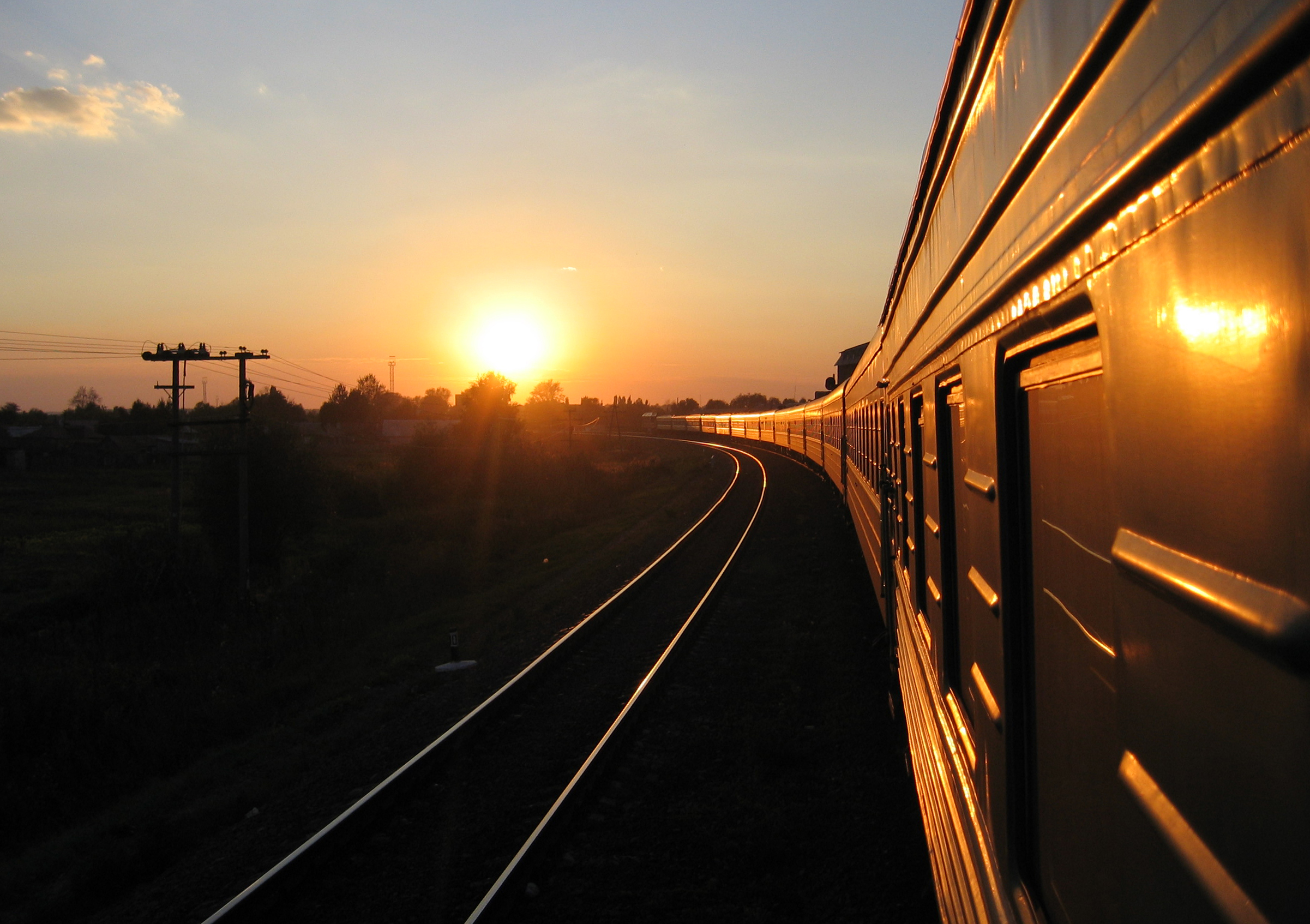
Nonno Panda TALES 3
February 27, 2012
Laura Pausini: An Unassuming Superstar
April 5, 2012The Rise of a New Czar
So Vladimir Putin is once more Russia’s president. Despite substantive evidence of systematic fraud in the national election and vocal protests by a brave minority of ordinary citizens and journalists, it is seemingly the result most Russians hoped for. Putin was the man they wanted. It doesn’t speak well of the Russian masses that, on the whole, he is embraced on his return to the Kremlin.
Instead it leaves the Russian people open to criticism, indeed to stereotypes that somehow they are inherently servile, a people unready for true democracy, who care more for authoritarian rule. So long as there are sufficient potatoes, borscht, pickles and vodka on the table, it makes no matter who the boss is in Moscow. This is an awful, hateful collective character assassination. It suggests that in their heart of hearts, despite the undisputed creative, artistic and intellectual genius of a longstanding Russian intelligentsia, which has given much to the cultural patrimony of the world, despite a large middle class, Russians are still mostly, boorish, semi-cultured, slavish serfs inept at independent thought. It implies that they need to be led with a stick, dictated to, kept in their place.
The easy conclusion seems to be that Russians neither deserve, nor want nor can engage with democracy properly. Throw in an enduring penchant for corruption, racism, anti-Semitism, sexism, alcoholism, criminality and domestic violence as collective anti-virtues and the massacre of the national identity is complete. Of course, it’s too extreme a judgment to even remotely contemplate seriously. But why is Putin so well loved at home despite his vocal, courageous (and too few) detractors?
Rather than heralding a new era in evolving Russian democracy, Putin’s return with intentions to abrogate the Russian Constitution in order to enable an evolving dictatorship with the trappings of democracy marks the beginning of a new draconian era. Arguably this is a continuation of a virtually unbroken, centuries-old tradition of Russian authoritarianism – be it Czarist, Soviet or post-Soviet.
The vast proportion of the top slots in the whole of Russia’s public or private sector are held by those who, like Putin himself, are former members of the security services, whether from the Cold-War-era KGB or its successor agency the FSB. If we further factor in the elastic nature of the Russian judiciary, the complete absence of freedom of expression, the muzzling of the press, the routine abuse of human and civil rights, not to mention a genocidal war and equally brutal occupation in Chechnya, it becomes very difficult to interpret modern Russia as anything other than a police state. It is true that an economic boom sparked by Russia’s vast petroleum wealth, has resurrected the financial wealth of the state. But just as in the immediate post-Soviet era when the collapse of communism gave rise to legions of robber barons and overnight billionaires, the cronyism in place then is as much in evidence now. The wealth does not trickle down nor is it evenly distributed. It rests, rather, in the hands of an elite, composed of government officials, the nouveau riche and organised crime – all rather feudal really.
Then there’s the question of Russian foreign policy. In most respects it’s little different from that of the Soviet era. Russia is still in bed with the most notorious dictatorships and authoritarian regimes – from Belarus, to Syria and Sudan. The Kremlin’s hostility to NATO is barely disguised, as are Moscow’s intentions to rebuild its sphere of influence in what was formerly Soviet Central Asia – Russia’s “near abroad” since time immemorial. So where is the new Russia? Is there such a thing as a new Putin? It may be some time yet before Mother Russia dons truly new clothes. Plus ça change….




